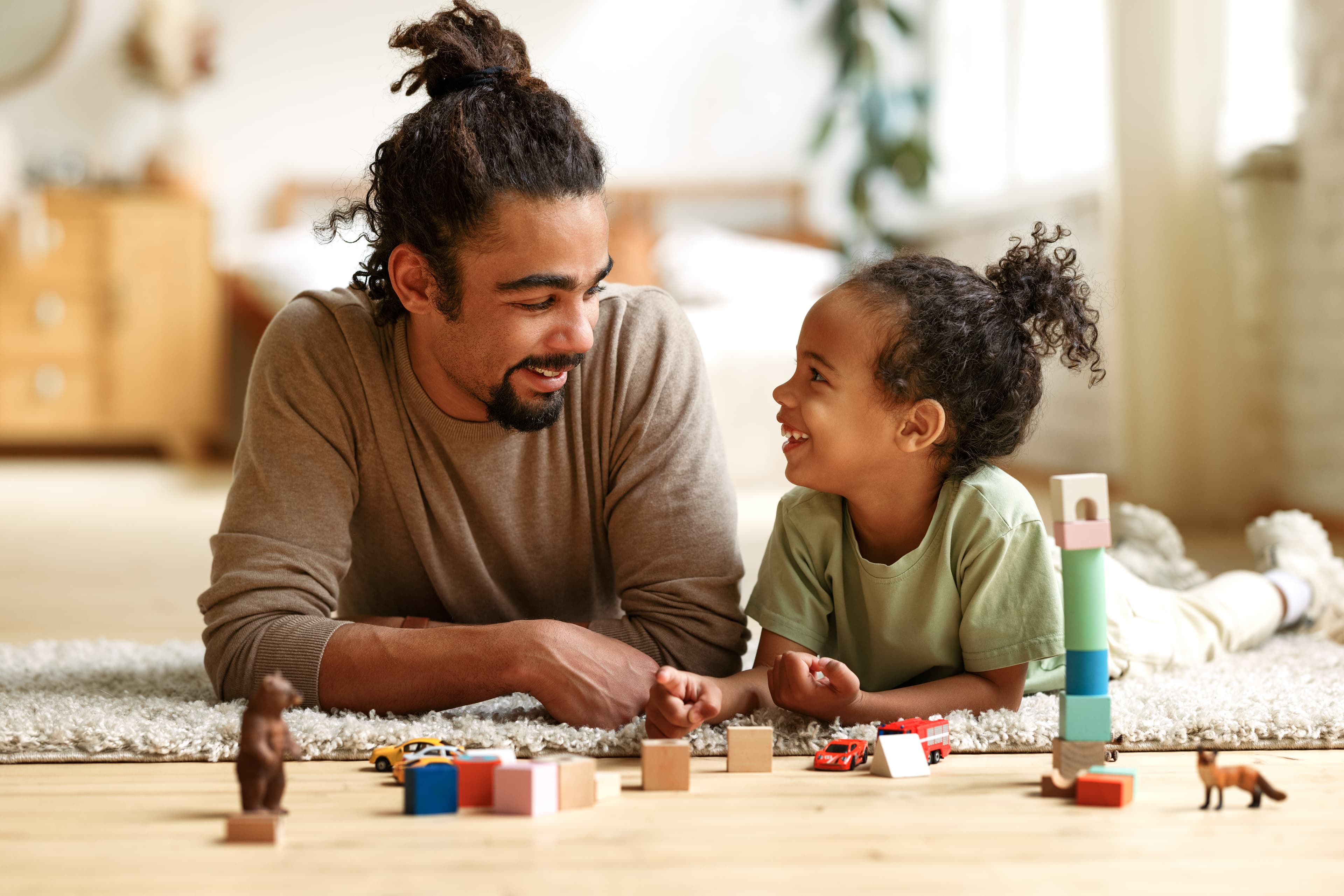We've all been there. You try to make dinner while your child bounces off the walls and they still haven't finished the homework. Out of sheer frustration, something slips out:
"If you don't do your homework, no dessert tonight."
Or maybe:
"If you don't clean your room right now, no screens for the rest of the day!"
Sound familiar?
First, take a deep breath. You're not alone. Every parent has felt frustrated with their kids' behavior. They often try to find the best "positive parenting" methods to improve it. It's just that it’s hard to do in the heat of the moment!
Threats and ultimatums tend to sneak out when we're overwhelmed, tired, or just need some peace and quiet. And in the short term, they can seem effective. Your child might hustle to get things done because, well, nobody wants to lose their favorite toy or miss out on video game time.
But here's the thing: over time, threats lose their power. As kids grow, they start to tune them out, push back, or even test your limits more. Worse, constant threatening can chip away at the trust between you and your child. It can turn everyday moments into battles and leave everyone feeling drained.
So, what can we do instead? Let’s flip the script.
From threats to trust: A simple shift
Instead of focusing on what your child will lose if they don’t do something, try highlighting what they gain when they do. This subtle change plays a significant role in fostering trust among family members, which is essential for healthy relationships.
Why this simple shift matters
Trust builds connection.
When kids (and grown-ups!) feel trusted, they're more likely to open up and share honestly.
It taps into inner motivation.
Instead of pushing with pressure or rewards, you're helping your child discover their own reason for positive behavior. That kind of motivation lasts longer.
Everyone feels more free to grow.
A supportive environment encourages your kids to explore new hobbies and try new things.
Home feels happier.
Let’s be honest, life is smoother when we’re not constantly threatening, negotiating, or reacting. Rewarding good behavior can reduce power struggles between you and your child. And that's a change that everyone in your home will appreciate.
It all adds up.
These small shifts in how we speak and respond? They lay the foundation for strong relationships, emotional growth, and a home where everyone can thrive.
Let’s take a look at some common examples:
Instead of: "If you don't do your homework, that's it. No tablet, no friends, nothing."
Try: "When you finish your homework, you can connect with your friends right away. No problem!"
Instead of: "If you don't clean your room, you're losing screen time."
Try: "When you clean your room, then you can game for 30 minutes."
Instead of: "If you don't stop yelling, we're leaving."
Try: "When you lower your voice, we can stay and enjoy our time together."
Did you catch the magic? That little phrase: "When you... then you..."
Why "When you... Then you..." works so well
This shift isn't just about sounding nicer. It's about changing the way we connect with our kids. Here's why it works:
It builds confidence
When you say "when you," you're telling your child, I believe in you. You're assuming success instead of bracing for failure. That confidence? Kids feel it.
It focuses on positive outcomes
You're no longer focusing on a punishment, but showing them the natural rewards of good behavior. You're not dangling carrots—you're helping them see cause and effect in a way that feels empowering.
Using “if you” can feel like a threat and that puts the spotlight on what kids will lose. It can make kids feel like they’re constantly one step away from failure. “When you,” on the other hand, assumes success. It communicates trust and sets a clear path forward. Instead of bracing for punishment, kids start to expect encouragement. That changes the whole tone at home.
Feeling frustrated is okay
Keep in mind: you're human. You’re doing your best. And sometimes, frustration wins. That doesn’t make you a bad parent. It makes you a real one.
The important part is noticing the pattern and choosing to change it. Even small changes in language can make a big difference over time.
Instead of reacting, we can respond. And when we respond with positive reinforcement, our kids feel safer, seen, and supported.
It might feel a little awkward at first, especially if you’re used to using consequences as a go-to. But over time, this kind of language will become second nature and the payoff is so worth it. If you need help making this subtle shift, BrightLife Kids coaches can help.
A better way to correct your kids
Threats might get quick results, but they don't build a healthy relationship with our kids. By focusing on trust and positive outcomes, you help your child grow. You are not just fixing today’s homework or messy room. You're raising a confident, motivated, emotionally aware human.
So the next time you hear yourself about to say, "If you don't...!" — remember: there's a better way.
When you lead with encouragement, then you give your child the opportunity to improve their behavior on their own.
